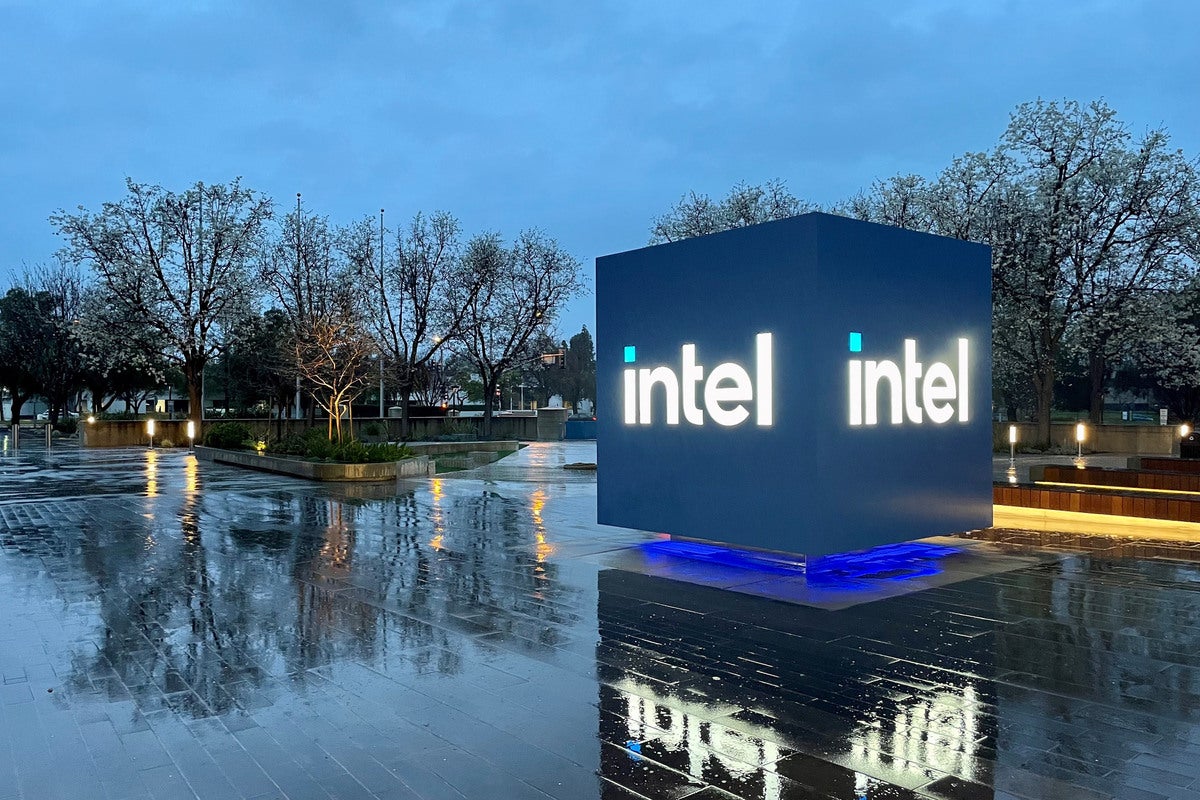- This Week in Scams: $16.6 Billion Lost, Deepfakes Rise, and Google Email Scams Emerge | McAfee Blog
- Proof-of-concept bypass shows weakness in Linux security tools, claims Israeli vendor
- SAP NetWeaver customers urged to deploy patch for critical zero-day vulnerability
- Lenovo targets AI workloads with massive storage update
- Girls Power Tech Inspires the Next Generation of Tech Leaders
Intel plans spinoff of FPGA unit

Intel announced plans to spin off its programmable solutions group (PSG) as a standalone business beginning January 1, with an IPO to follow in about two to three years. The group will operate as a separate unit in the company’s financials.
PSG is the group that handles field-programmable gate array (FPGA) processors made by Altera, which Intel acquired for $16.7 billion in 2015. Sandra Rivera, who currently runs Intel’s data center and AI (DCAI) group, will lead PSG as CEO. The company also plans to search for a new chief financial officer for the group.
Rivera, a 23-year veteran of Intel, will continue to run DCAI until a successor is named, according to Intel CEO Pat Gelsinger. On a conference call with journalists and analysts, Gelsinger said that a search for a replacement has begun with both internal and external candidates.
A primary goal of separating PSG is to give it the autonomy and flexibility it needs to more effectively compete in the FPGA market, according to Intel. Maintaining customers’ business continuity is a top priority for Intel and PSG, a company spokesperson told me via email, and the future company will remain strategically aligned and continue to collaborate closely with Intel in support of its customers.
“Beyond the financial benefits, our actions provide a renewed focus, flexibility and autonomy for both companies to pursue the significant opportunities ahead more aggressively,” Gelsinger said on the call.
FPGAs are growing in popularity in data centers for the fact that they can be reconfigured by a customer or a designer to suit their needs, unlike the traditional CPU. This makes the processors customizable to specific processing needs.
Customers should benefit by unshackling Intel’s FPGA business from its Xeon business, said Steve Leibson, an analyst with Tirias Research.
“At Intel, Xeon drives the bus because of its revenues. Intel products that aren’t Xeon are subservient to Xeon and Xeon messaging. That’s why FPGAs got lumped into DCAI, because that’s the only place FPGAs could possibly fit into the Xeon story, and the fit’s not great,” Leibson said.
DCAI FPGA applications can now get the full attention they need from the as-yet unnamed new company. Embedded had no place in the Xeon-centric Intel, said Leibson. “When it becomes a separate company, it can focus on all of the applications that require FPGAs,” he said.
This isn’t the first time Intel has spun out a specialized business. Last year, it spun off Mobileye as a standalone company. Mobileye makes video recognition sensors used in AI applications such as smart cars. Since they began trading a year ago, Mobileye shares have risen 89%.
It’s not clear how big a part of Intel’s business PSG represents, because Intel does not break out PSG revenues. It lumps all DCAI revenue into one non-itemized sum when reporting earnings.
Copyright © 2023 IDG Communications, Inc.

